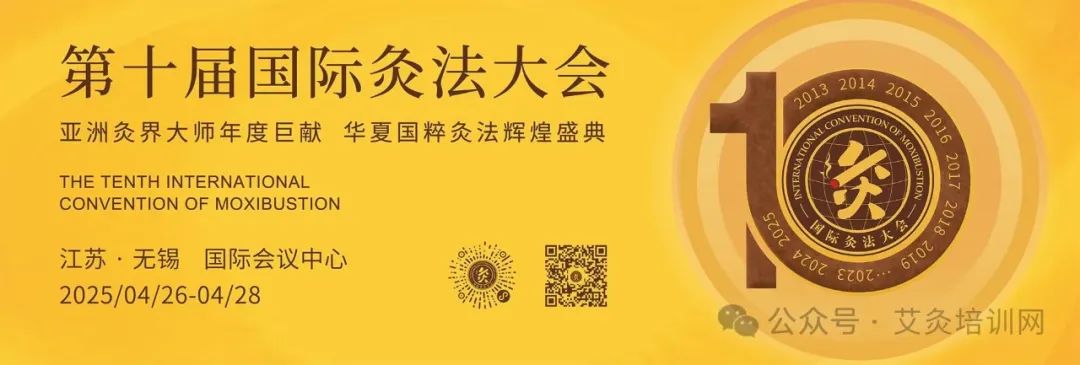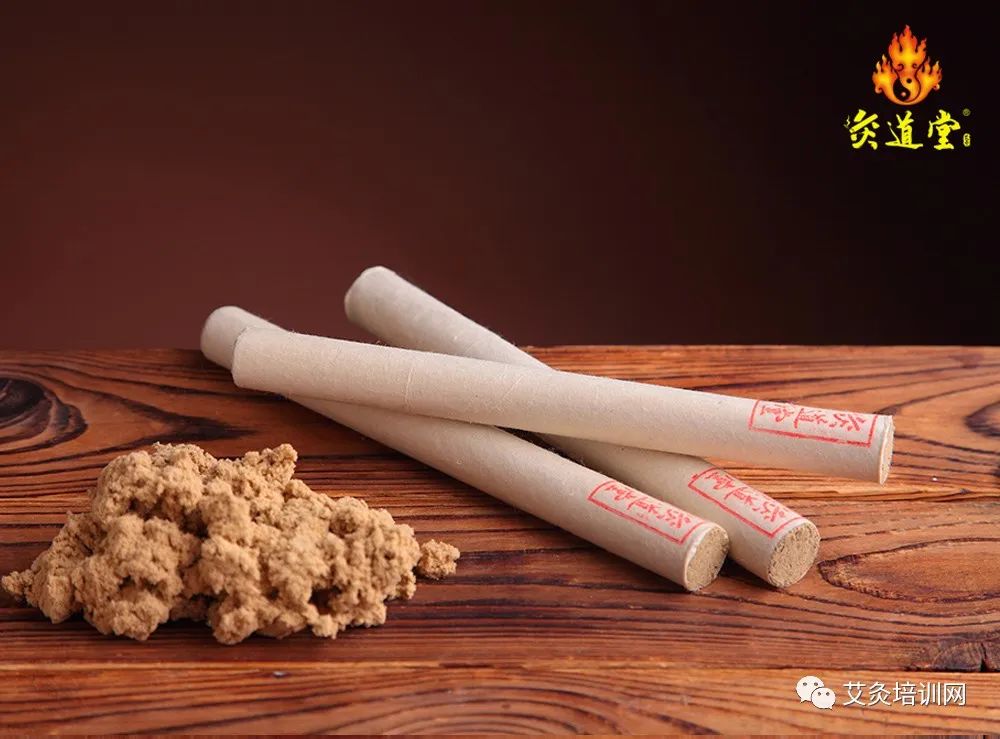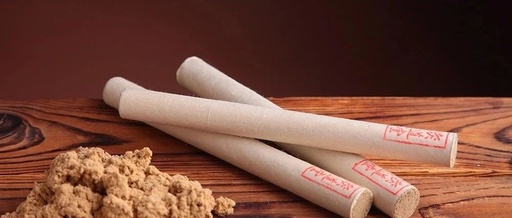
What causes sweating during sleep?
In Traditional Chinese Medicine (TCM), this is referred to as “night sweats” (dàohàn), characterized by abnormal sweating after falling asleep, which stops upon waking.Night sweats indicate a deficiency of Yin energy, which is cold, cool, and watery in nature, typical of Yin deficiency.When Yin is deficient, it cannot restrain Yang; insufficient water cannot control fire, leading to: the rising of empty fire.This forces the sweat to escape from the body instead of following the normal pathways, resulting in it “stealing out” at night.
Night sweats are typically classified into three types: mild, moderate, and severe
Mild night sweats: Generally occur during deep sleep or just before morning, with slight localized sweating and no other discomfort.Moderate night sweats: Occur shortly after falling asleep, with a sudden release of sweat that stops upon waking. There is no sweating upon returning to sleep, but a dry mouth is often felt upon waking.Severe night sweats: Typically involve profuse sweating upon falling asleep, often with a strong salty odor.Upon waking, there may still be significant sweating, accompanied by low fever, tidal fever, dizziness, weight loss, and reduced urination.

Age 45 is a watershed for women experiencing night sweats
In TCM, how important is sweat? Medical sage Li Shizhen believed: Sweat originates from the heart, internally as blood, and externally as sweat. This means, sweat is the fluid of the heart, and the heart governs blood, thus sweat and blood share the same source. Excessive sweating not only depletes Qi but can also harm body fluids and damage heart blood.
Age 45 is a critical point for women experiencing night sweats
For women, reaching the age of 45 often coincides with menopause, during which they may frequently experience sweating during sleep.This abnormality is primarily influenced by menopausal syndrome, which causes fluctuations in hormonal levels, leading to disturbances in the nervous regulation system.Additionally, menopausal women may also experience palpitations, making feelings of restlessness more pronounced.This can lead to increased sweating and even sleepless nights, necessitating vigilance.
Nourishing Yin and replenishing deficiency is the principle for treating night sweats
Night sweats are primarily due to Yin deficiency; absence of sweating is often due to blood deficiency. The occurrence of sweating in children is also frequently due to physical deficiency. Thus, nourishing Yin and replenishing deficiency is the fundamental treatment principle.For those with disharmony of Ying and Wei, harmonize Ying and Wei; for those with Qi and Yin deficiency, tonify Qi and nourish Yin; for blood deficiency, moxibustion can replenish blood.Moreover, moxibustion has a dual regulatory effect on Yin and Yang, Qi and blood, and can not only regulate excessive sweating and night sweats but also treat insufficient sweating or anhidrosis.So how to perform moxibustion? Here, we recommend moxibustion on Yinjiao (阴郄), Taixi (太溪), and Fuliu (复溜) points.1. Yinjiao point:Among the organs, the heart is fire, and the kidneys are water. Sweat is the fluid of the heart; externally it is sweat, and internally it is blood.As a Xi point, Yinjiao has the function of connecting the heart meridian from the outside to the inside, allowing heart fire to descend and kidney water to rise, achieving the goal of harmonizing heart and kidney, thus improving night sweats.Location: Located on the anterior forearm, 0.5 cun above the distal wrist crease on the ulnar side of the flexor carpi ulnaris tendon, level with the ulnar styloid process.2. Taixi point:Taixi is the source point of the kidney meridian, representing its origin, where the primary force and energy of the kidney meridian reside. Therefore, ancient practitioners referred to Taixi as one of the “Nine Points to Return Yang,” believing it has a strong ability to revive Yang.TCM holds that Taixi can “nourish kidney Yin, replenish kidney Qi, strengthen kidney Yang, and regulate the uterus.”In other words, this point can regulate conditions related to the reproductive system, kidney Yin deficiency, lower back pain, and dysfunction of the lower limbs.Ancient famous doctors would use Taixi on critically ill patients to “replenish kidney Qi and determine life and death.”3. Fuliu point:Fuliu is a point on the kidney meridian, belonging to the five transport points, associated with the metal element. The water and dampness of the kidney meridian rise here, absorbing heat and evaporating upwards.Functions: Replenishes kidney Qi, nourishes kidney Yin, warms Yang, promotes water metabolism, benefits the kidneys, regulates water, induces sweating, and stops sweating.Location: Located on the inner side of the calf, 2 cun directly above Taixi, in front of the Achilles tendon.Note: If time permits, it is best to perform differential moxibustion: for cool sweating due to Yang deficiency, moxibustion on points that warm Yang and dispel dampness, such as Shenque (神阙), Mingmen (命门), Yinlingquan (阴陵泉), and Fenglong (丰隆). Reduce fruit intake and avoid cold drinks. For hot sweating due to Yang stagnation, moxibustion on Zhongwan (中脘), Zusanli (足三里), and Taichong (太冲), along with increased exercise to promote the circulation of Qi and blood, improving stagnation.


